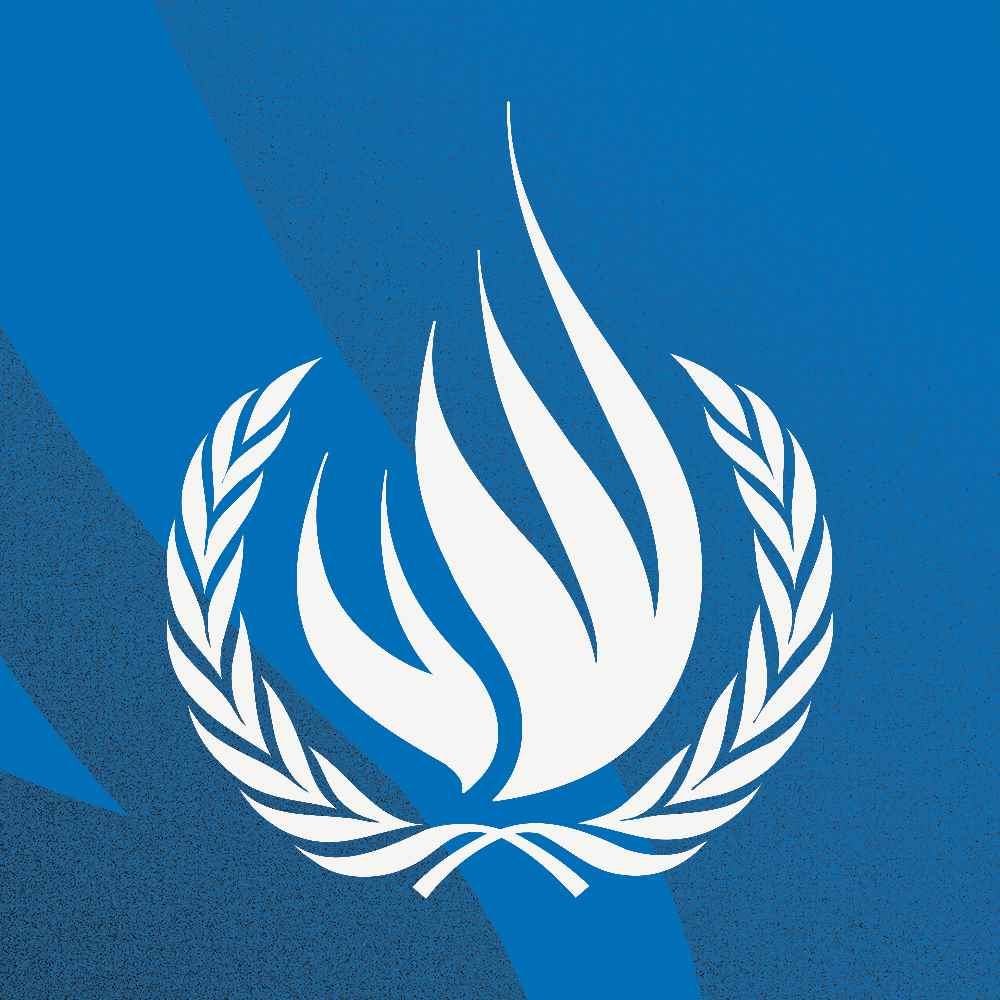
GENEVA (3 July 2024) – The military coup in Myanmar has exacerbated longstanding patterns of abuse and sexual and gender-based violence against women and girls, the UN Committee on the Elimination of Discrimination against Women warned today. Calling for full compliance with international human rights law and international humanitarian law, the Committee issued the following statement:
“The UN Committee on the Elimination of Discrimination against Women welcomes the report of the UN Special Rapporteur on the situation of human rights in Myanmar, ‘Courage during Crisis: Gendered impacts of the coup and the pursuit of gender equality in Myanmar’. As reflected in the report of the UN Special Rapporteur, the military coup in February 2021 has exacerbated the already dire situation faced by women and girls in Myanmar. The Committee remains extremely alarmed at the continued threats and violations of the human rights of women and girls in Myanmar, as highlighted in the report.
The Report of the UN Special Rapporteur refers to the widespread nature of sexual and gender-based violence as one of the foremost concerns for women and girls in Myanmar. The escalating conflict has compounded longstanding patterns of sexual violence, perpetrated not only by the military junta, but also increasingly by resistance forces, according to reports. Other forms of sexual and gender-based violence have also dramatically increased, as the conflict erodes the rule of law in Myanmar.
The Committee recalls its general recommendation No. 30 (2013) on women in conflict prevention, conflict and post-conflict situations, in which it observed that “under certain circumstances, in particular where an armed group with an identifiable political structure exercises significant control over territory and population, non-State actors are obliged to respect international human rights” (CEDAW/C/GC/30, para. 16). The Committee urges non-State actors in Myanmar, including armed groups, to comply with international human rights law, respect women’s rights and the prohibition of sexual and gender-based violence.
In addition to its 2016 concluding observations made to the State party, and its 2019 follow-up assessment, the Committee recalls its concluding observations adopted in 2019 on the report of Myanmar submitted under the exceptional reporting procedure. In particular, it recommended that the State party repeal or amend provisions of the Constitution granting immunity to government, military and security officers for human rights abuses, as well as adopt a definition of violence against women which includes rape and other forms of sexual and gender-based violence, in accordance with the Convention on the Elimination of All Forms of Discrimination against Women and other international human rights standards.
In his statement before the 56th session of the Human Rights Council on 18 June 2024, the UN High Commissioner for Human Rights referred to the binding provisional measure ordered by the International Court of Justice (ICJ) for the protection of Rohingya pending the Court’s final decision on the case alleging genocide, brought before it by Gambia. The Committee is deeply concerned by the findings of the UN Special Rapporteur’s report, which estimates that 600,000 Rohingya are suffering under an apartheid regime enforced by the military, despite the ICJ’s provisional measure.
The Committee is alarmed that severe restrictions on their right to movement, access to education, employment, healthcare and housing, as well as arbitrary arrest and detention and gender-based violence, have placed Rohingya women and girls in Myanmar in desperate situations detrimentally impacting their lives and futures.
The Committee also notes with concern the underrepresentation of women in political institutions in Myanmar. As highlighted by the report of the UN Special Rapporteur, women face barriers to meaningful participation in decision-making processes due to gender stereotypes and patriarchal norms, notwithstanding their active participation, commitment and sacrifices in the broader resistance movement.
The report notes the shared concerns across resistance governance bodies of the ‘tokenisation’ of female political appointees to fill gender quotas, in roles unaccompanied by influence and decision-making authority. The Committee calls for the meaningful and effective participation of women in all decision-making bodies, in line with the Convention and its upcoming general recommendation No. 40 on the equal and inclusive representation of women in decision-making systems.
The Committee urges the international community to take immediate and decisive action in line with the recommendations made in the report of the Special Rapporteur, and calls upon all armed groups to fully comply with the CEDAW Convention, international human rights law and international humanitarian law.”
For more information and media requests in Geneva, please contact:
Safa Msehli at safa.msehli@un.org
Vivian Kwok at vivian.kwok@un.org
UN Human Rights Office Media Section at ohchr-media@un.org
Background
The Committee on the Elimination of Discrimination against Women monitors States parties’ compliance with the Convention on the Elimination of All Forms of Discrimination against Women, which to date has 189 States parties. The Committee is made up of 23 members who are independent human rights experts from around the world elected by the States parties, who serve in their personal capacity and not as representatives of States parties.









